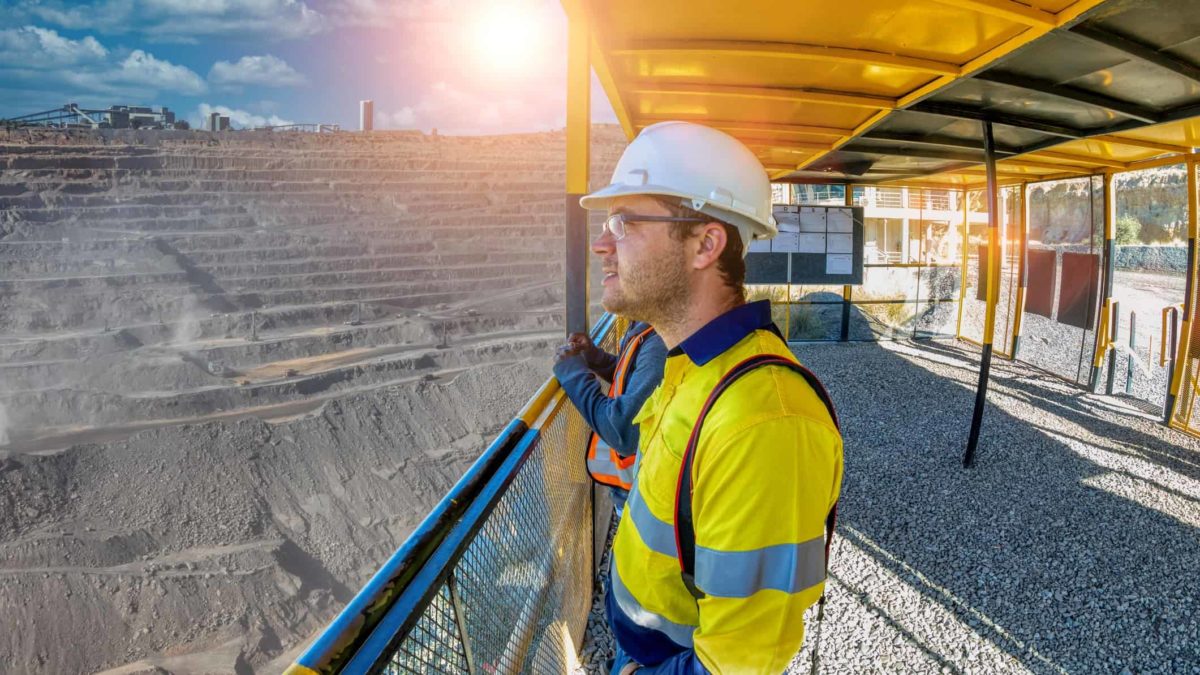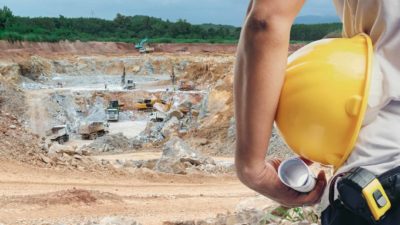ASX 200 iron ore shares delivered a mixed performance today amid new inflation data out of China that suggests our biggest trading partner could be heading toward deflation.
This could be a problem for Australia given we are the world's biggest exporter of iron ore and China is our primary customer, accounting for 57% of our iron ore export earnings in 2022.
An economic slowdown in China is likely to mean less demand for our resources.
How ASX 200 iron ore shares performed today
At close of trading on Wednesday:
Rio Tinto Ltd (ASX: RIO) shares finished down 0.54% to $112.85 per share.
The BHP Group Ltd (ASX: BHP) share price closed 0.4% higher to $45.50.
The Fortescue Metals Group Ltd (ASX: FMG) share price ended the day 0.19% ahead at $21.18.
Champion Iron Ltd (ASX: CIA) shares finished steady at $5.61.
The S&P/ASX 200 Index (ASX: XJO) closed 0.37% higher to 7,338 points.
What did the data show?
Consumer prices in China fell for the first time since February 2021 in July, down 0.3% year over year (yoy).
The producer price index (PPI) fell for the 10th consecutive month in July, down 4.4% yoy. The PPI reflects the prices that factories charge wholesalers for their products.
Market analyst at eToro Josh Gilbert said the silver lining here is that the weak data may prompt the Chinese government to move faster on stimulus measures to reboot the economy.
Stimulus would likely lead to greater demand for Australian iron ore to make steel in China.
Gilbert said:
The silver lining to this bad news is that this might be enough to prompt a response from policymakers in China. More meaningful support is key for keeping China on track for its 5% growth this year.
What would deflation mean for ASX iron ore shares?
Official deflation involves three consecutive monthly declines in prices.
Today's data represents one month of falls and authorities in China are not expecting a repeat in August.
But today's news is still alarming.
Gilbert explains:
The worry for investors is that the effect of deflation in the world's second-largest economy has global repercussions.
Close to home, Australian miners could see some hardship if a period of deflation prolongs, given it would drive China's demand for raw materials down, amongst other areas such as energy and even Australian-grown produce.
A rebound in inflation is expected to occur next month, but the current CPI reading is far from the target rate of 3% and will only weigh on China's economic struggles of late.
China says CPI fall will be temporary
According to the South China Morning Post, China's National Bureau of Statistics has said the drop in CPI in July will only be temporary.
It expects CPI to pick up gradually as the economy recovers.
It's also worth noting that the CPI fall in July was fully expected given inflation was at a two-year high in July 2022.
Morgan Stanley's chief Asia economist Chetan Ahya also thinks the threat of deflation is mild.
Ahya said (courtesy Reuters):
China is once again facing renewed headwinds posed by the 3D challenge of debt, demographics and deflation.
We think China is better-placed than Japan in the 1990s. It should be less challenging to prevent China from falling into a persistent debt-deflation loop.









